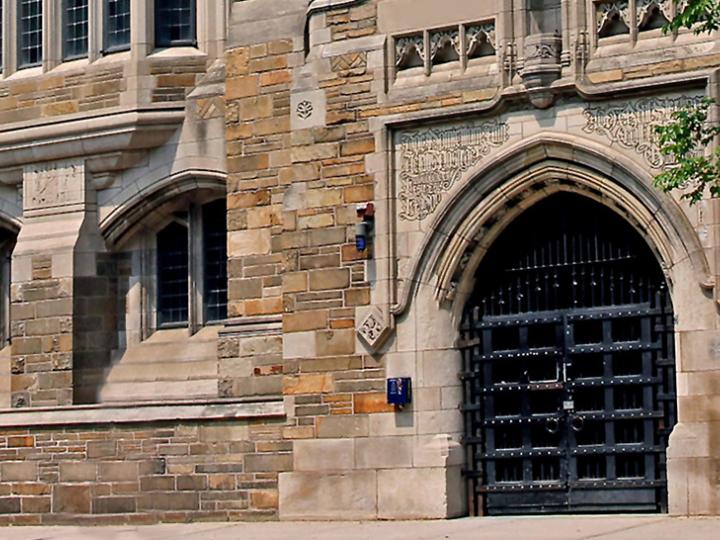ALI Life member José A. Cabranes of the U.S. Court of Appeals for the Second Circuit wrote the op-ed, “If colleges keep killing academic freedom, civilization will die, too,” published in The Washington Post.
Judge Cabranes opens the piece explaining, “Sixty years ago, Chief Justice Earl Warren warned our nation that we had a choice. Either ‘teachers and students must always remain free to inquire, to study and to evaluate,’ or ‘our civilization will stagnate and die.’ There was no third option.”
He argues that colleges and universities in the U.S. are faced with this choice again. “Recent attempts to shame professors for unpopular views and to curtail the due process rights of those accused of misconduct are cause for alarm. Especially when academic freedom is endangered at places such as Yale — long celebrated as a leader on freedom of expression — we know that the erosion of academic freedom has become a national problem.”
Previously, Judge Cabranes held the position of Yale University’s first general counsel and later served as a trustee of Colgate, Yale, and Columbia. He continues on in the piece to explain the tenure system and how it protects academic freedom, and explains how attacks on tenure have shifted from the political right to the left.
He explains, “Certainly, today’s critics of academic freedom rarely deny that professors should be able to write and teach freely. But they nonetheless insist that professors should exercise such liberty in the shadow of other values, such as civility, sex equality, and social justice. While these are worthy ideals, they can become tools for suppressing free expression — just as anti-communism once was."
“No one can doubt that we should strive for civility. But problems arise when we are told that ‘uncivil’ speech has made a campus ‘unsafe’ — and that university officials should make a campus safe again by punishing uncivil speakers.”
Judge Cabranes then describes how the perceived threats to safety have compromised the due process of professors who stand accused, looking at Yale’s current process as an example.
He closed the piece, writing, “Our universities today must pay more than lip service to free expression. They must develop and maintain procedures that protect professors’ ability to teach and learn without fear of retaliation. While political alignments may have flipped, the choice remains the same: academic freedom or civilizational decline.”
Read the full op-ed in The Washington Post [a subscription may be required].
